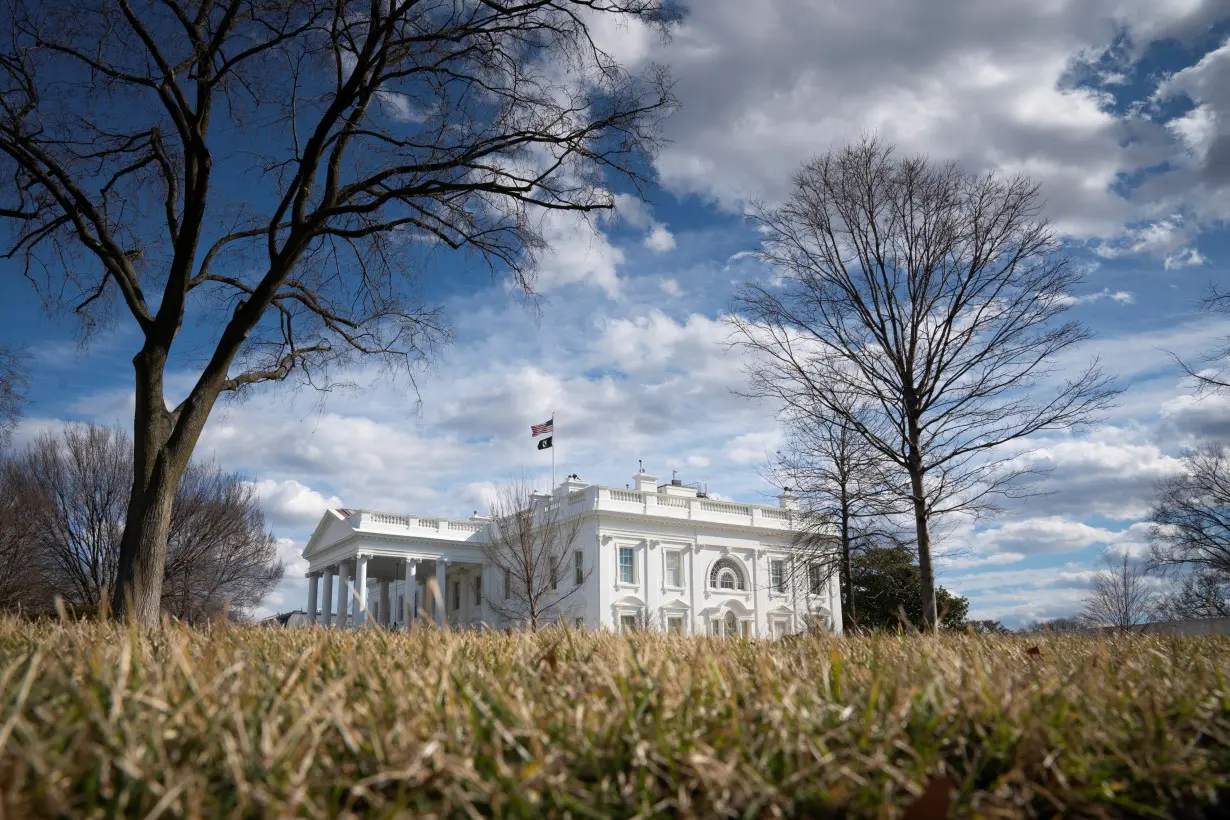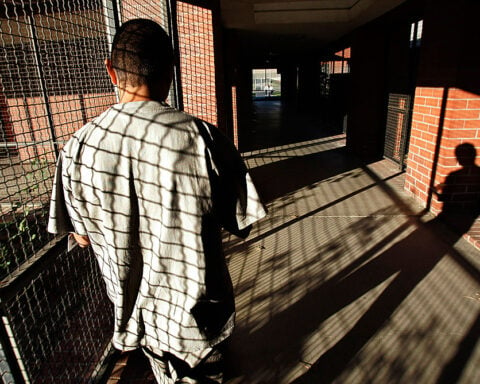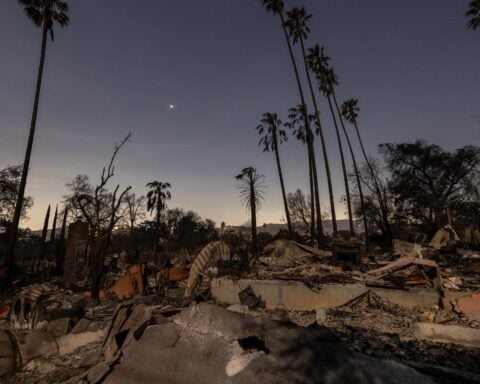By Trevor Hunnicutt and Zeba Siddiqui
WASHINGTON (Reuters) - The White House is working to finalize as soon as Tuesday a new policy outlining how governments should respond to ransomware attacks, including sharing information on attackers and the accounts they use to collect ransoms, a senior administration official with knowledge of the matter said.
Ransomware is a type of cyberattack where hackers lock up a victim organization’s systems and demand ransom in exchange for unlocking it. It hits a range of industries every year, from schools and hospitals to critical infrastructure departments and the government. Analysts say ransomware attackers also increasingly steal sensitive data to extort victims.
The White House has long advised against paying ransoms and has been pushing other countries to make the same commitment.
During the third International Counter Ransomware Initiative, the administration will announce “significant” outcomes, including initiatives for sharing information on the ransomware attackers between counties.
“We're committing to sharing bad wallets - wallets that are used to move illicit ransom funds - as well as a number of other related projects,” the official said.
Figuring out the scale of ransomware attacks can be tricky because many companies don’t report them. According to the data platform Statista, globally organizations detected 493.33 million ransomware attack attempts last year.
The criminals behind these hacks often used data from victims in one country to wage attacks on organizations in another country, which makes alliance across countries essential in fighting them, the official said.
A U.S.-led alliance aimed at tackling these threats now includes 50 countries – from Nigeria and Costa Rice to Singapore and South Korea – said the official, adding that the Interpol and the European Union were also part of it.
That geographical breath reflects the U.S. government belief that “we have to work to ensure that all the digital connectivity we rely on for our citizens is secure,” said the official.
(Reporting by Trevor Hunnicutt and Zeba Siddiqui; Editing by David Gregorio)

 TikTok seeks to reassure U.S. employees ahead of Jan. 19 ban deadline
TikTok seeks to reassure U.S. employees ahead of Jan. 19 ban deadline
 US won't seek charges in unarmed Black motorist Ronald Greene's fatal 2019 arrest
US won't seek charges in unarmed Black motorist Ronald Greene's fatal 2019 arrest
 Euro zone households could increase consumption, ECB chief economist says
Euro zone households could increase consumption, ECB chief economist says
 Foreigners sold South Korean equities last month by most since early 2020
Foreigners sold South Korean equities last month by most since early 2020
 Trump and Biden national and homeland security staff will meet Wednesday for threat exercises
Trump and Biden national and homeland security staff will meet Wednesday for threat exercises
 As fires ravage Los Angeles, Tiger Woods isn't sure what will happen with Riviera tournament
As fires ravage Los Angeles, Tiger Woods isn't sure what will happen with Riviera tournament
 Antetokounmpo gets 50th career triple-double as Bucks win 130-115 to end Kings' 7-game win streak
Antetokounmpo gets 50th career triple-double as Bucks win 130-115 to end Kings' 7-game win streak
 No 97 Laura Siegemund upsets Olympic champion Zheng Qinwen at the Australian Open
No 97 Laura Siegemund upsets Olympic champion Zheng Qinwen at the Australian Open








